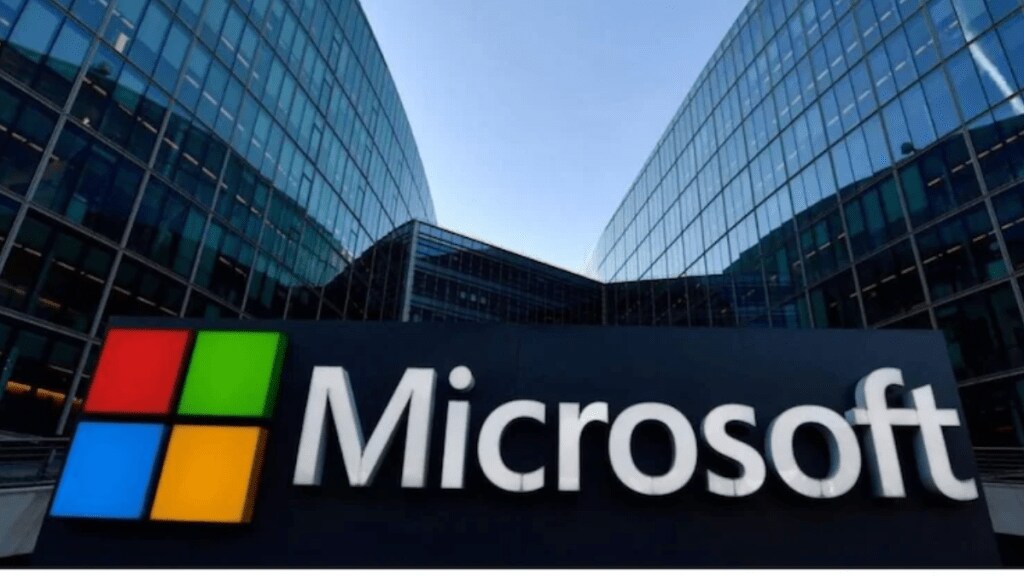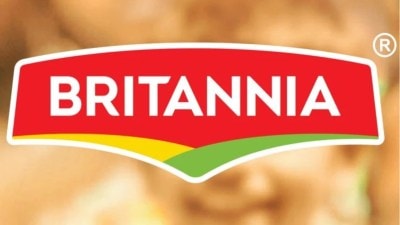Tech giant Microsoft has called on former U.S. President Donald Trump’s team to ease recent export restrictions on artificial intelligence (AI) chips, arguing that the rules disadvantage key U.S. allies and could ultimately benefit China’s AI ambitions.
In a blog post published Thursday, Microsoft highlighted concerns that the Biden administration’s final wave of restrictions—aimed at limiting China’s access to advanced AI technology—also impact allied nations like India, Switzerland, and Israel. The company warned that these measures hinder the ability of U.S. tech firms to expand AI data centres in these countries, potentially forcing them to turn to Chinese alternatives.
The latest restrictions, introduced in January, tightened existing curbs on AI chip exports, particularly affecting companies like Nvidia, whose graphics processors are essential for AI applications such as OpenAI’s ChatGPT. Microsoft cautioned that if these rules remain unchanged, they could inadvertently accelerate China’s AI sector, mirroring the country’s rapid rise in 5G telecommunications.
While China’s chipmakers have yet to match Nvidia’s high-end AI processors, emerging firms like DeepSeek are developing cost-effective alternatives, potentially giving Beijing an edge in the AI race.
The Wall Street Journal, which first reported on Microsoft’s stance, noted that Trump’s team is now reviewing the export-control policies, with potential adjustments on the table. The White House has yet to comment on the matter.









